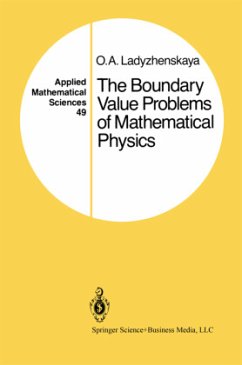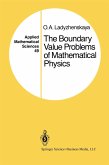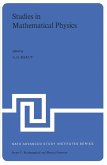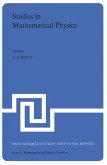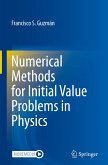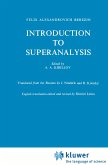In the present edition I have included "Supplements and Problems" located at the end of each chapter. This was done with the aim of illustrating the possibilities of the methods contained in the book, as well as with the desire to make good on what I have attempted to do over the course of many years for my students-to awaken their creativity, providing topics for independent work. The source of my own initial research was the famous two-volume book Methods of Mathematical Physics by D. Hilbert and R. Courant, and a series of original articles and surveys on partial differential equations and their applications to problems in theoretical mechanics and physics. The works of K. o. Friedrichs, which were in keeping with my own perception of the subject, had an especially strong influence on me. I was guided by the desire to prove, as simply as possible, that, like systems of n linear algebraic equations in n unknowns, the solvability of basic boundary value (and initial-boundary value) problems for partial differential equations is a consequence of the uniqueness theorems in a "sufficiently large" function space. This desire was successfully realized thanks to the introduction of various classes of general solutions and to an elaboration of the methods of proof for the corresponding uniqueness theorems. This was accomplished on the basis of comparatively simple integral inequalities for arbitrary functions and of a priori estimates of the solutions of the problems without enlisting any special representations of those solutions.
Bitte wählen Sie Ihr Anliegen aus.
Rechnungen
Retourenschein anfordern
Bestellstatus
Storno

